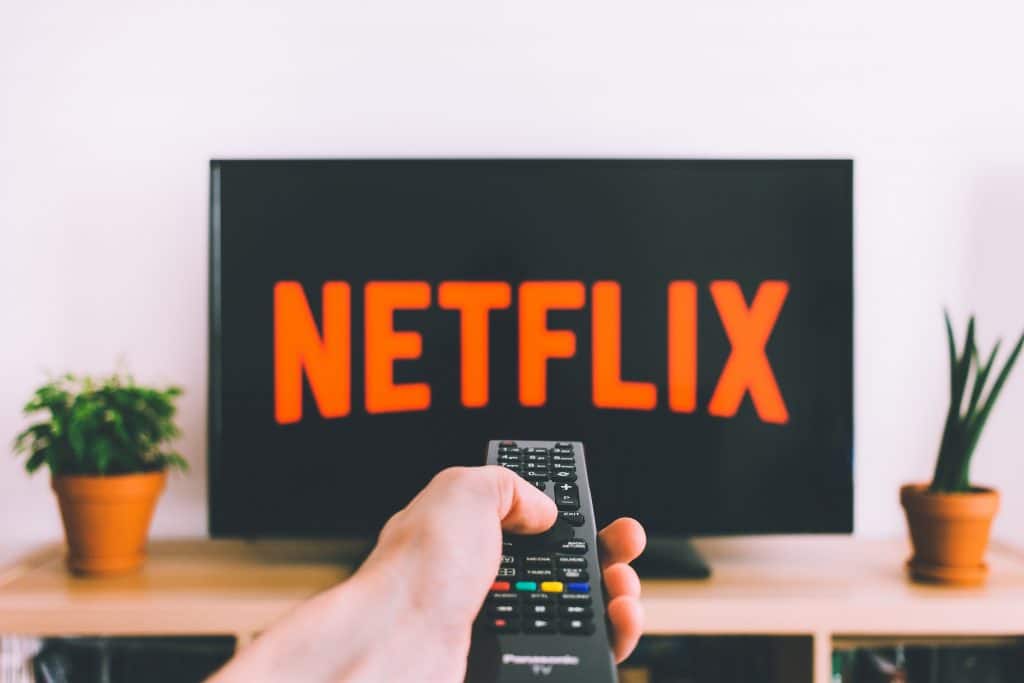
Binge-watching is defined as the act of watching multiple episodes of a TV series in succession, usually spending at least 2 hours engaged in a show. This is a very common activity, especially in the case of, though not reserved to, younger populations.
Following a TV series of our liking is seen as being a pretty harmless recreational activity due to the fact that it is cost-free, can be done at the comfort of our homes and does not have the explicit adverse effects of using or abusing of legal or illegal substances. Indeed, clinical psychologist Dr. John Mayer argues that being engaged in a TV series is stress-relieving, in that it provides a temporary escape from our daily drudgery.
Yet, this stress-relieving tool can easily turn into an unhealthy habit, and this is not entirely our fault. Often, the plan is to watch “just one or two episodes” but before you know it, it’s 1:00 am and you’re half-way through the season. Why is it so hard to stop watching, even when you are aware that you have only a few hours left to sleep and the morning fatigue will hit you hard?
Binge-watching, akin to addictions such as gambling and shopping addiction, activates the reward-function of the brain. This area is responsible for producing dopamine, commonly known as the “feel good hormone”. Being engaged in your favourite TV-show produces this positive, good feeling – consequently reinforcing you to keep watching. Moreover, like the above-mentioned addictions, due to increased tolerance, the brain will need more of the activity in order to produce the same level of dopamine. That is why stopping at that “last episode” as planned becomes much harder by time. Clinical psychologist Dr. Carr explains that the craving for more dopamine leads to “pseudo-addiction” to the show. This is why we may justify watching “one more episode” by telling ourselves that there is still enough time left to sleep or that you’re not even tired.

Indeed, lack of sleepiness is a side-effect of the unnatural blue-light bounced off from the TV/laptop/mobile screens. Most people binge-watch at night, the time when our bodies produce most melatonin; the hormone which regulates sleep and wakefulness. Exposure to blue-light stimulates a nerve pathway from the eye to parts of the brain responsible for controlling melatonin, disrupting its levels and functions. Hence, binge-watching has been linked to poor sleep quality, insomnia and fatigue.
Another neurochemical change that happens during binge-watching is an increase in adrenaline and cortisol hormones due to the building suspense in TV-show storylines, which leave their viewers hooked. If shows weren’t designed in such an engaging way, they would probably fail to be as successful as they are. Yet, when those two hormones remain in the viewer’s system, the latter will experience elevated levels of stress even after the show is over, possibly leaving him/her in a state of prolonged anxiety, without really knowing the reason why.
Besides these hormonal changes, there are other psychological and social reasons why a lot of people choose to spend so much of their time fully engaged in TV-shows. Psychiatrist Dr De Silva has explained how “identification” with the characters, i.e. seeing yourself in a fictional character you’re viewing, is one of the reasons which keep people glued to their screens. Other times it may be “wishful identification” with the characters in shows like Suits or even Game of Thrones, where the viewer does not belong to the same social world yet the story-lines give way for imagining such scenarios.
At the same time, it has been noted that binge-watching can be used as a form of escapism that may bring about social disengagement. Especially among younger individuals, it is unfortunately common to show a preference for watching episodes instead of connecting with people. There is nothing alarming in the occasional skipping of a social event due to financial and health reasons or even pure fatigue. Yet, when this happens too often, it means that the viewer is substituting human relations and connections with virtual and fictional characters. Needless to say, as human beings we need social connections in order to feed our emotions and maintain good mental health.

Undoubtedly, there are a number of shows that make for great television, so it is understandable why so many people choose to follow them. The important thing, like many other aspects in life, is to be aware of why we are so engaged in what we do. Some tips which have been suggested to mitigate binge-watching include taking short intervals between episodes in order to give your eyesight and spine a break. Stretch it out and connect with yourself. Binge-watching often goes hand in hand with snacking; creating a symbiosis of two unhealthy habits. As much as possible, convert the snacks into something tasty yet healthy such as grapes, strawberries or nuts – all of which are easy to munch on and contain much less calories than tacos and pizza.
If your preferred time to indulge in a series is the evening, fix your screen settings to filter blue-light and despite the craving, pre-set the number of episodes you plan on watching and stick to the plan. A witty idea is to plan a proportional time-frame of minutes per episode to minutes of exercise. If you exercise for 45 minutes, you can reward yourself with 45 minutes of viewing time. The more you want to watch, the more you exercise, even by simply going for a fast-paced walk around the block. This is also a good opportunity to boost your brain with an alternative source of dopamine, making it less likely to get addicted to the show and more likely for you to stick to this routine.
- Binge-watch. (2013). In Oxford Online Dictionary. Retrieved from https://en.oxforddictionaries.com/definition/binge-watch
- Westmaas, R. (2018, January 4). Weird Things Happen to Your Brain When You Binge-Watch a Show. Retrieved from https://curiosity.com/topics/weird-things-happen-to-your-brain-when-you-binge-watch-a-show-curiosity/
- Block, T. (2013, November 13). Is there time for one more episode? Retrieved from https://www.theravive.com/today/post/is-there-time-for-one-more-episode-0003138.aspx
- Fleming, A. (2018, May 28). The truth about blue light: Does it really cause insomnia and increased risk of cancer? Retrieved from https://www.theguardian.com/lifeandstyle/2018/may/28/blue-light-led-screens-cancer-insomnia-health-issues
- Whimn, H. (2017, June 15). This is what your Netflix binge is doing to your mental health. Retrieved from https://nypost.com/2017/06/15/this-is-what-your-netflix-binge-is-doing-to-your-mental-health/
- Roberts, D. L., PhD. (2017, December 23). What happens in your brain when you binge-watch a TV show. Retrieved from https://mediapsychology101.com/2018/02/26/what-happens-in-your-brain-when-you-binge-watch-a-tv-show/
- Nield, D. (2017, June 08). How to binge-watch Netflix without ruining your sleep. Retrieved from https://www.popsci.com/binge-watch-without-messing-up-your-sleep






